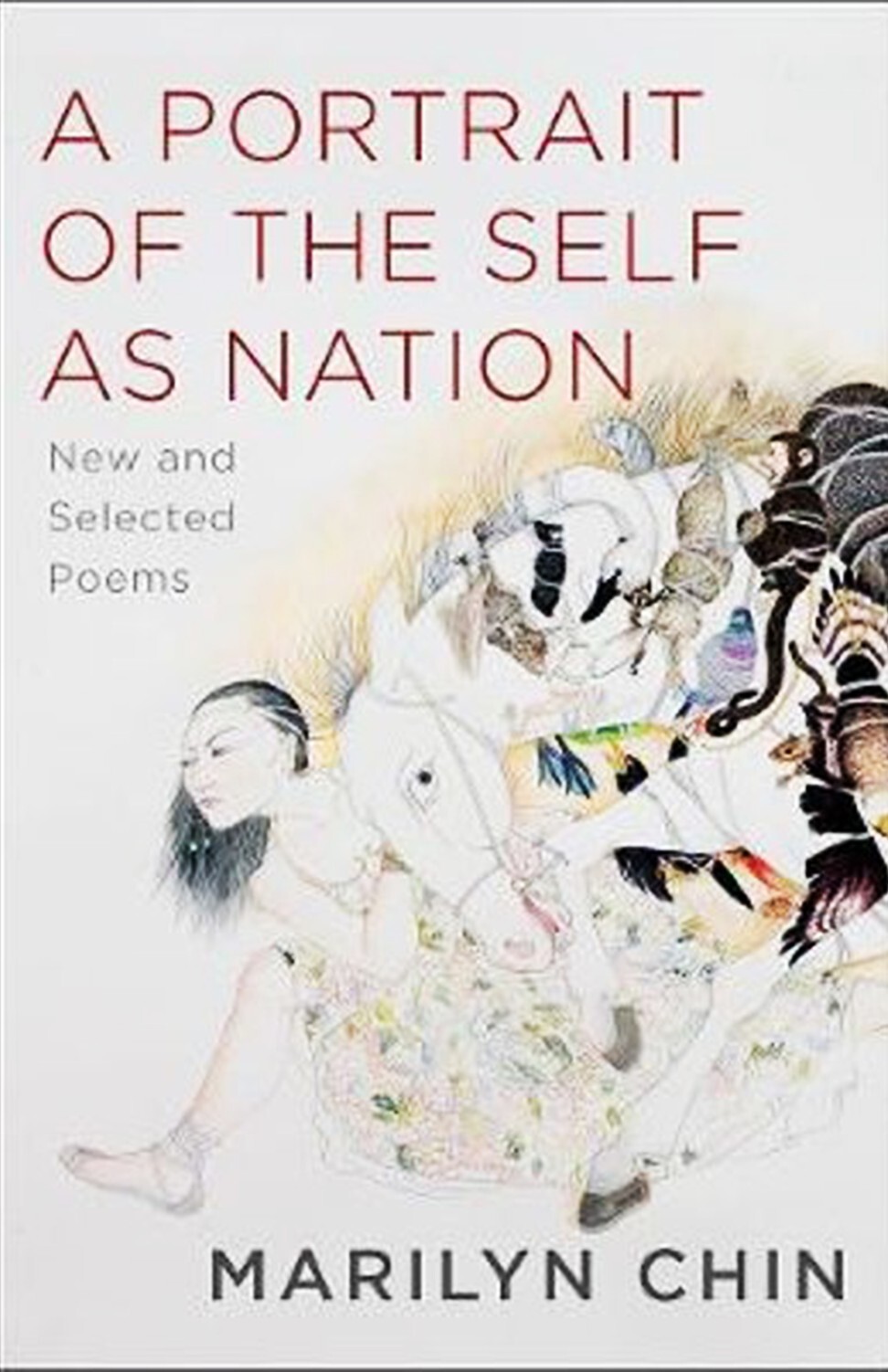
A Portrait of the Self as Nation: poet Marilyn Chin’s greatest hits for ‘wild-girl’ Chinese Americans
Drawn from a prodigious career of poetry and advocacy, A Portrait of the Self as Nation is a masterclass in formal play, allusion and wit

A Portrait of the Self as Nation: New and Selected Poems by Marilyn Chin, W.W. Norton, 2018
A Portrait of the Self as Nation brings together Marilyn Chin’s poems from her first volume, in 1987, to the present. It is both an overview and, as she notes in her preface, “best hits” – and what hits they are. Drawn from a prodigious career of poetry and advocacy, the book is a poem-by-poem, line-by-line, image-by-image masterclass in formal play, allusion and wit.
Every poet creates her reader and as Chin told Los Angeles Review of Books interviewer Irene Hsiao: “I write for a wild-girl Chinese-American poet-scholar-reader-weird brainiac like you. Why not write for the best possible reader – the most informed and enthusiastic reader – one who loves poetry from a variety of traditions?”
Chin names her early, imagistic influences as Ezra Pound and William Carlos Williams. Near the visceral opening of Repulse Bay: Hong Kong Summer 1980:
I saw a mussel hang
On a shell’s hinge: the sun
Turned its left side brown
What remained tarried
Around the lips
Like human tongue
Unfit for speech
Here, Chin’s Williams-like imagery and enjambed lineation is such that each line shifts all that has gone before, and in a few lines we have relived the decay of the flesh.

Chin writes in her preface: “I see myself as an inventor of fusionist aesthetics, of bilingual and bicultural hybrid forms.” Sure enough, we read Chinese-American quatrains, high-intensity haiku, haibun and ghazals.
Sonnetnese has 14 European lines, though each line comprises an accumulation of staccato imagery – Beijing instant coffee, smoggy skylines, flaccid drunks, grave robbers – before finding its way back to a smoothly ironical couplet of borderline American love.
Chin’s subversive humour and satirical sense sharpens with page number and, correlatively, poetic experience. Why Men Are Dogs is a Hong Kong tale of swapped hearts in which a man, instead of showing gratitude to the Goddess of Mercy for the dog’s heart that saved his life, “tried to bite her head off … for not serving steak tartar for dinner and not saving him from the British Empire in the first place”.
Across the years and poems we see the struggle of the bicultural – immigrant labour and ambition, but also grotesque depictions of the old country. In America, “even a Chinese girl gets the blues / her reticence is black and blue”.
Chin focuses the same embodied yet critical acuity on both sides of the Pacific. In the heartbroken cadences of Tiananmen, The Aftermath, she imagines a dream figure:
… a young girl in a qipao,
Bespectacled, forever lingering, thriving
on the other side of the world, walking in my soles
as I walked, crying in my voice as I cried …
Professor Chin dedicates the book to her students – the teaching vocation demonstrated in A Portrait of the Self as Nation is in a spirit of generosity and deep commitment to the art form, and makes students of all its readers. This book begins with the line “The beginning is always difficult” and ends with “Don’t despair, little one, we are done.” But readers will take away the sense that there is much more poetry to come.